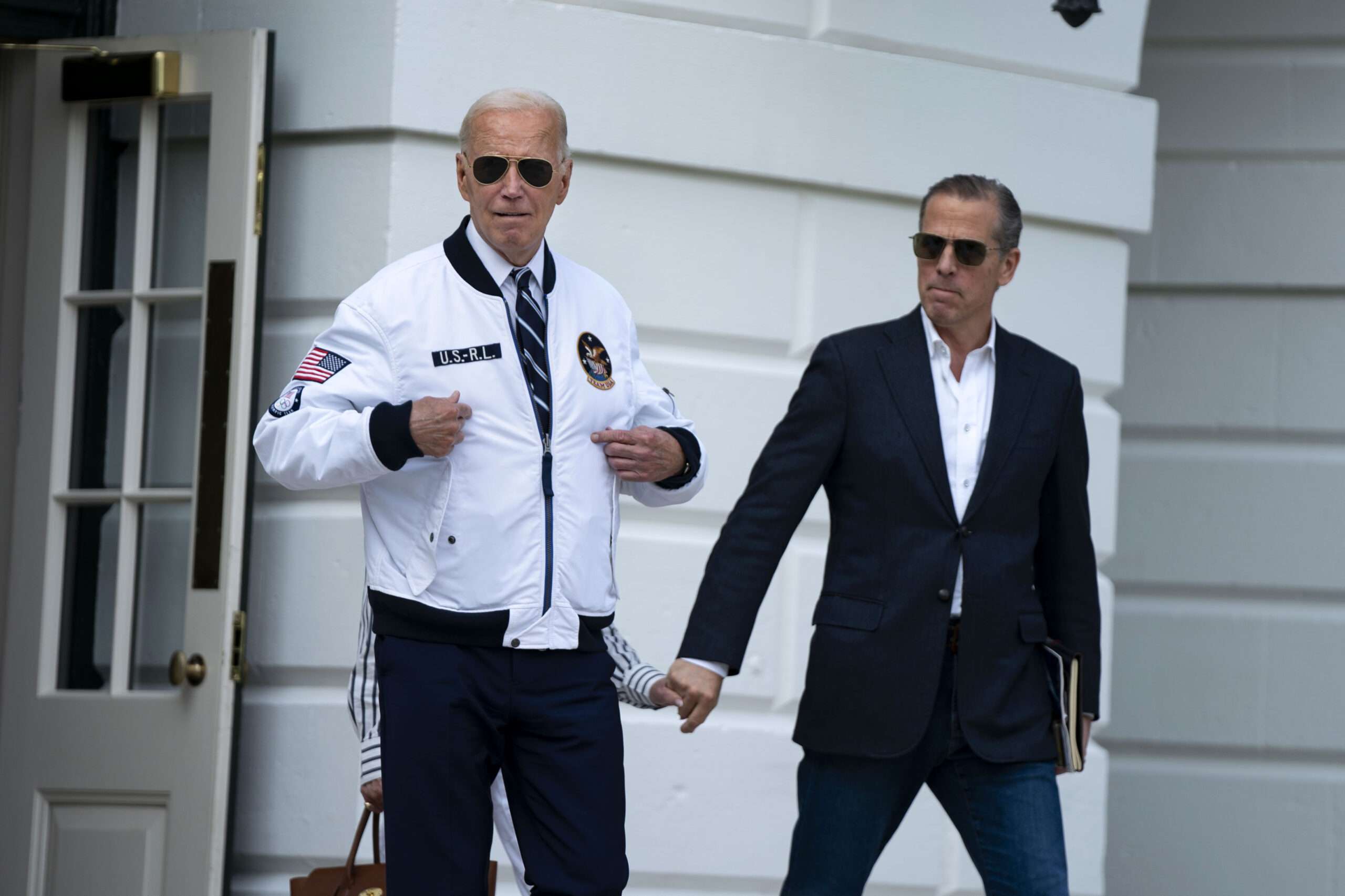Joe Biden Uncharacteristically Grants Pardon for His Son
In a significant and controversial move just weeks before leaving office, President Joe Biden granted a full and unconditional pardon to his son, Hunter Biden, for all federal offenses he committed from January 1, 2014, through December 1, 2024. This pardon encompasses various serious charges, including guilty pleas for tax evasion and a conviction related to lying on a firearm purchase form, effectively shielding Hunter from any further legal consequences. Biden’s timing has drawn incredulity, especially against the backdrop of his administration’s relatively limited use of clemency powers throughout his term, where he issued only a handful of pardons, making this act appear more like favoritism than a standard exercise of presidential authority.
The pardoning of Hunter Biden ignites ethical questions regarding the use of executive clemency. This constitutional power, while crucial in rectifying potential judicial injustices, can easily descend into a tool for personal favor and political motives. Biden’s pardon does not explicitly reference then-President-elect Donald Trump, yet the context suggests a fear of upcoming political attacks and potential reprisal from Trump’s administration. Biden articulated his concerns about the efforts to “break” his son, while also implying that these attacks are designed to undermine him personally. By using the pardon power liberally for his son, critics argue that the President inadvertently handed his political adversaries ammunition to attack him and his family.
Regarding presidents granting pardons to family members, historical precedents exist but vary in scale and context. Previous presidents, such as Bill Clinton, have issued controversial pardons to relatives, and Donald Trump pardoned family connections but none as immediately related as Biden’s case. The enormity of this pardon is notable, as it offers blanket immunity for a long string of offenses, a measure that seems unprecedented in both the modern political landscape and Biden’s own previously restrained approach to clemency. This favorable treatment sparks allegations of corruption and favoritism, presenting a complex dilemma where the instinct to protect one’s family intersects with established norms of political integrity.
On a personal level, Biden’s decision can be understood through a compassionate lens. Many may empathize with a parent’s desire to shield their troubled child from the perils of federal prosecution, especially in light of Hunter’s reported sobriety journey and the complex nature of his past struggles. Yet, this instinct clashes with Biden’s administration’s narrative, which has often emphasized accountability and justice in broader societal contexts. The administration’s hesitance to grant clemency to others, juxtaposed with the swift and sweeping pardon for Hunter, raises questions about the application of justice and equity under the law.
Biden’s record on granting clemency is particularly stark in comparison to his predecessors. Statistics indicate that he has issued far fewer pardons and commutations than his recent predecessors, demonstrating a trend where presidents have increasingly approached their clemency powers with reluctance. The low percentage of petitions acted upon during Biden’s tenure—only 1.4%—contrasts sharply with historical patterns and raises concerns about his administration’s commitment to rectify past injustices through clemency. This has compounded perceptions of hypocrisy, especially as Biden justifies his decisive action on behalf of his son while neglecting broader clemency petitions deserving of consideration.
As Biden approaches the end of his presidential term, calls for him to rectify his lack of clemency actions intensify. Advocacy groups urge him to consider commuting sentences for federal death row inmates, reflecting the ongoing debates about justice and mercy in the judicial system. While he has showcased his ability to wield clemency powers through Hunter’s pardon, the focus now shifts to whether he will extend this exercise of mercy to others who may truly need it. The legacy of this administration will be scrutinized not just for its policies but for how it balances familial loyalty with broader institutional responsibilities—especially as the pardoning of Hunter Biden serves as a potential litmus test for Biden’s approach to justice before his departure from office.
Share this content:












Post Comment